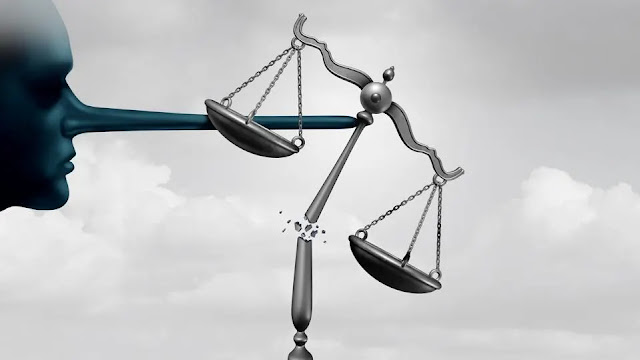Defamation, Harassment, Disparaging Remarks, Mocking Someone, Supporting Injustice and False Witness
I would like to explain the law that guides defamation, mocking, false witness, and disparaging remarks about people. Ignorance of the law is not a defence, and the law respects no one.
Defamation laws in Sweden are governed by the Swedish Penal Code. Defamation, known as 'förtal' in Swedish, is a criminal offense in Sweden. According to Swedish law, defamation occurs when someone spreads false information about another person that harms their reputation. It's important to note that truth is a defense against defamation i.e., if the information being shared is true, it is not considered defamation.
Let me briefly provide an overview of the laws regarding defamation, mocking, making disparaging remarks, harassment, supporting injustice, and false witness especially in Sweden.
DEFAMATION, or “FÖRTAL" in Swedish, is considered a criminal offense in Sweden. It involves spreading false information about someone that harms their reputation. Truth is a defense against defamation, but spreading false information can lead to fines or imprisonment.
MOCKING SOMEONE OR MAKING DISPARAGING REMARKS can also have legal implications under defamation or insult laws. It's important to be mindful of how your words and actions may impact others to avoid legal consequences.
HARASSMENT is another serious issue addressed under Swedish law. It involves behavior intended to disturb, provoke, frighten, or cause distress to another person. Harassment can lead to legal action and penalties.
SUPPORTING INJUSTICE AND FALSE WITNESS, also known as giving false testimony or perjury, is a serious offense in Sweden. Providing false information or lying under oath in a legal proceeding can lead to criminal charges. Perjury undermines the justice system's integrity and can result in severe penalties, including fines or imprisonment.
While defamation covers spreading false information that harms someone's reputation, other actions like mocking, harassing, supporting injustice, making disparaging remarks, and false witness are separate legal issues. Each of these actions has its own legal implications and consequences, so it's important to be aware of the specific laws and regulations surrounding each behavior. For example, in Sweden, defamation can result in fines or imprisonment for up to two years. The severity of the punishment depends on the nature and impact of the defamation. Mocking someone or making fun of them could potentially fall under the laws concerning defamation or insult. False testimony or perjury are also serious offenses in Sweden. Providing false information in legal proceedings undermines the justice system's integrity and can result in criminal charges.
In sum, it's crucial to be cautious about what you say or write about others to avoid legal consequences. It's important to be mindful of how your words and actions might affect others, as intentionally mocking or ridiculing someone could lead to legal consequences. It is very crucial to always provide truthful and accurate information when testifying in any legal proceedings (e.g., court). It's essential to understand and respect these laws to maintain a fair and just society, since ignorance of laws does not excuse any offense i.e., ignorance of the law is not a defense, and the law respects no one.











Comments
Post a Comment